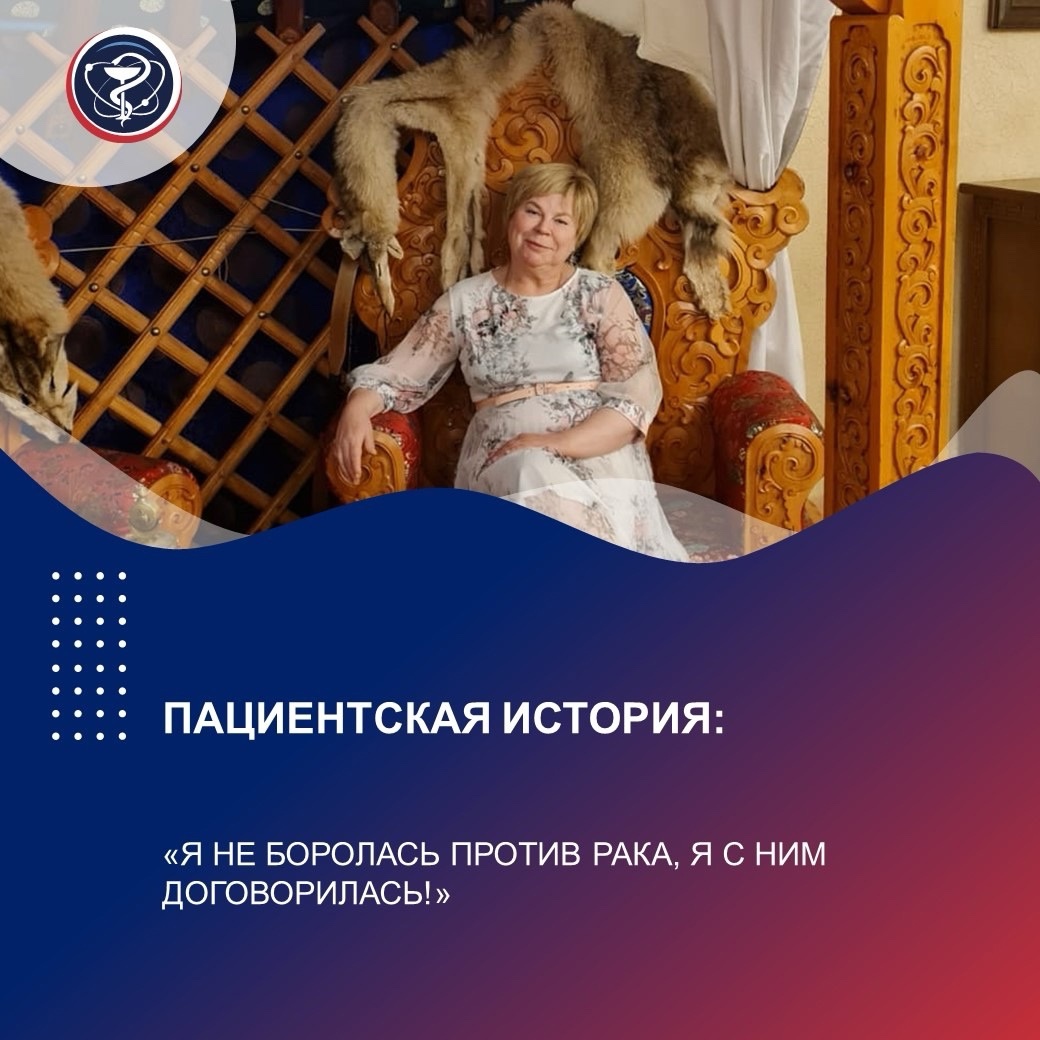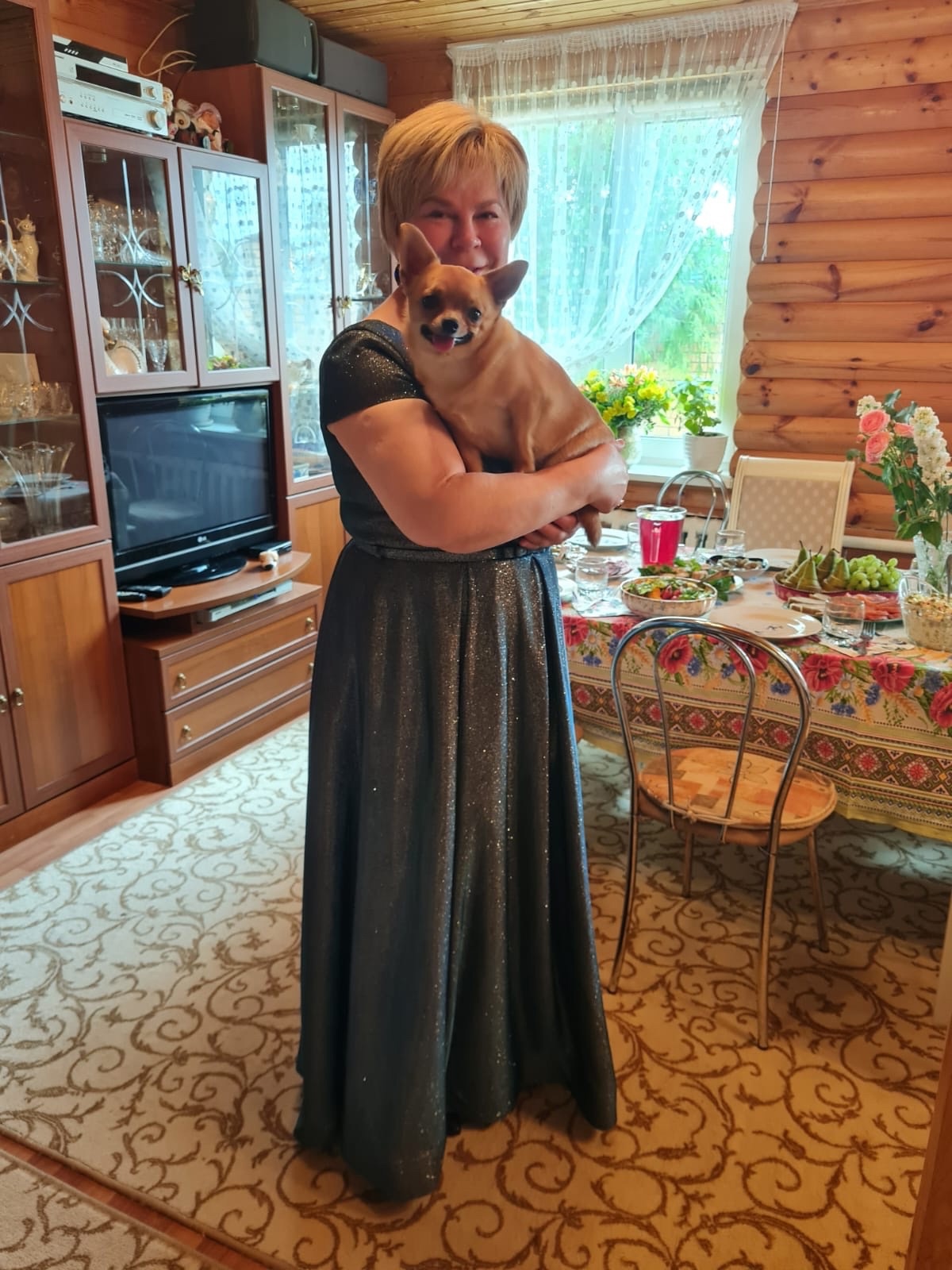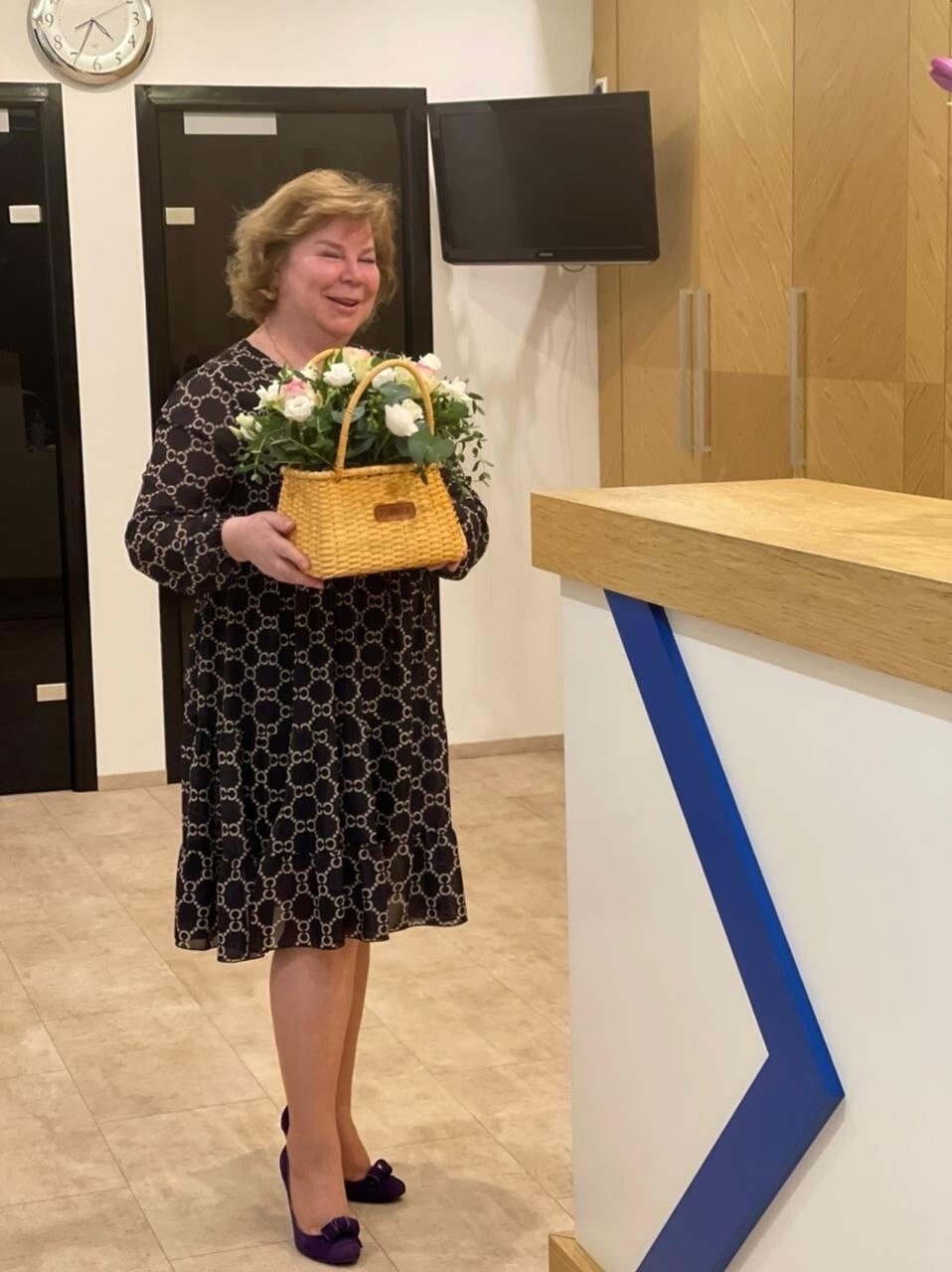“I DIDN’T FIGHT CANCER, I MADE A DEAL WITH IT!”
Elena is a native Muscovite, an elegant woman with a fashionable short haircut. Looking at her, it’s hard to imagine that just a few weeks ago she underwent a complex 12-hour surgery—her third one this year. It seems like everything comes incredibly easily to her.
Elena is 60 years old, and exactly a year ago, she found out she had breast cancer. But for her, it wasn’t a tragedy. She says she never considered the illness anything special and treated it like a routine task that needed to be solved: recover and move on. “I didn’t fight the diagnosis; I simply incorporated it into my usual life, made a deal with it. I didn’t take a single sick day during my illness. I worked between chemo sessions, before and after surgeries… And I’m still working now!”
However, this past year, Elena had to face many challenges related to the illness. First, she learned that the cancer had already spread to the regional lymph nodes, making the treatment long and, at times, very difficult—from drug therapy and a full mastectomy to 24 sessions of radiation therapy and adjuvant chemotherapy.
“I followed all the doctors’ recommendations to the letter to preserve the results we had achieved together. But unfortunately, in July, my arm began to swell,” Elena recalls.
She was diagnosed with lymphedema, a progressive condition where lymph drainage is disrupted, leading to swelling of the upper limb. “As my doctor, Azaryi Kutsuradis (a microsurgeon at the Department of Oncoplastic Surgery with Chemotherapy at the P. Hertsen Moscow Oncology Research Institute), explained to me, the treatment for lymphedema is primarily aimed at slowing its progression and reducing the risk of secondary complications,” the patient shares.
“We performed fluorescent lymphography on Elena,” explains Azaryi Falesovich. “This is a special method for assessing lymph drainage. Using a contrast solution, we evaluated the condition of the superficial lymphatic vessels. We recommended that Elena undergo rehabilitation followed by lymphovenous shunting.”
This had results—the swelling in her hand and lower third of her forearm decreased. They were able to achieve partial regression, but for better results, lymph node transplantation was required.
Since Elena was scheduled for a planned breast reconstruction surgery using her own tissues, the surgeons suggested combining the two procedures into one.
“Breast reconstruction using a DIEP flap is considered technically very complex,” explains department head Evgeny Troshenkov. “However, we decided to combine microsurgical reconstruction with the transplantation of inguinal lymph nodes for the surgical treatment of lymphedema. These procedures are considered extremely challenging and require not only careful preparation by the entire surgical team but also specialized technical equipment.”
The treatment was successful thanks to our surgeons. Today, Elena only visits her doctors for checkups, where she hears the long-awaited words: “You’re doing fine!”
“I never doubted that everything would go well, especially with doctors who were with me from start to finish. I believe I was in the best hands! And the main bonus—they restored my attractiveness. I’ve never had such beautiful breasts!” Elena says with a smile.








